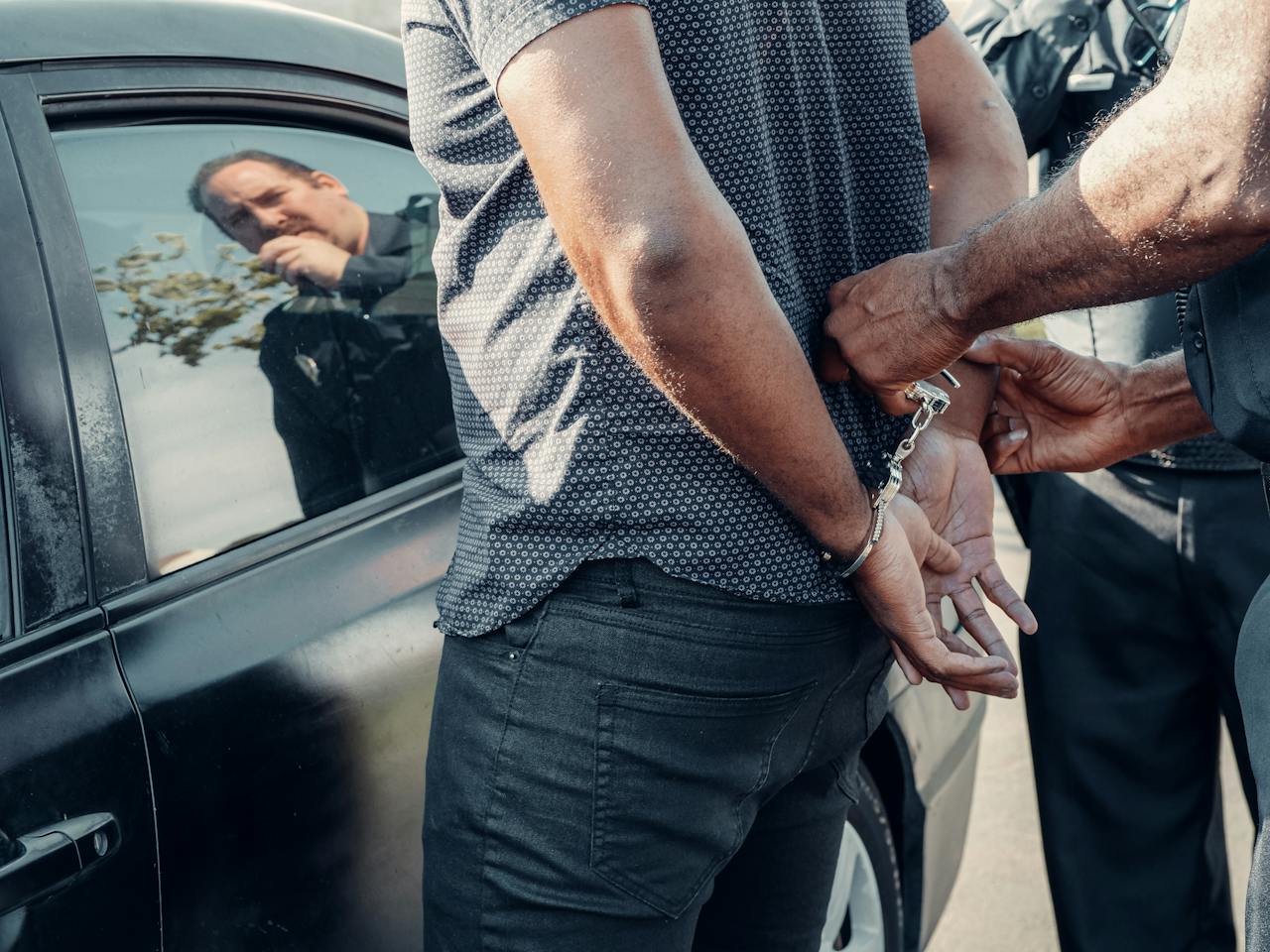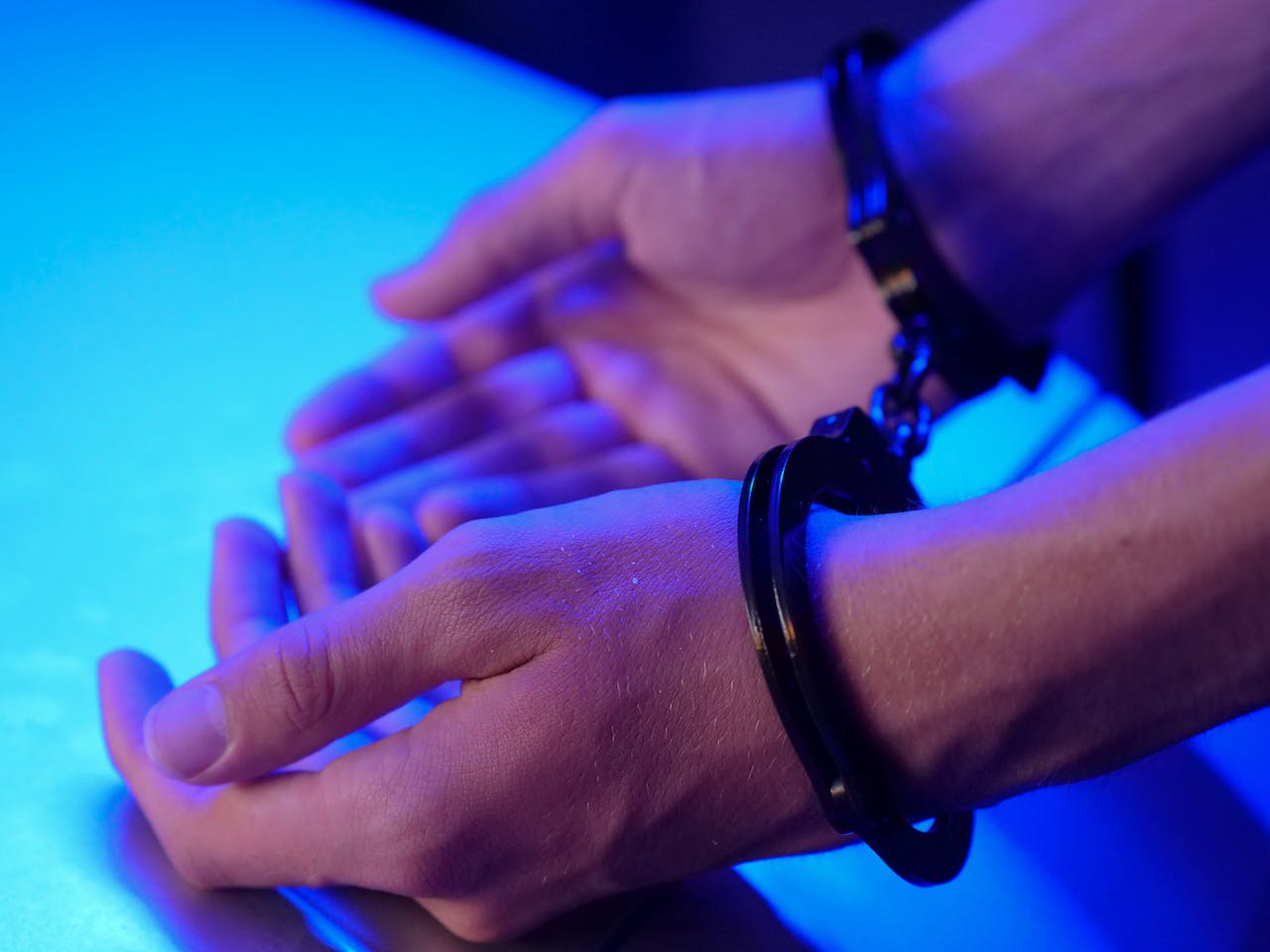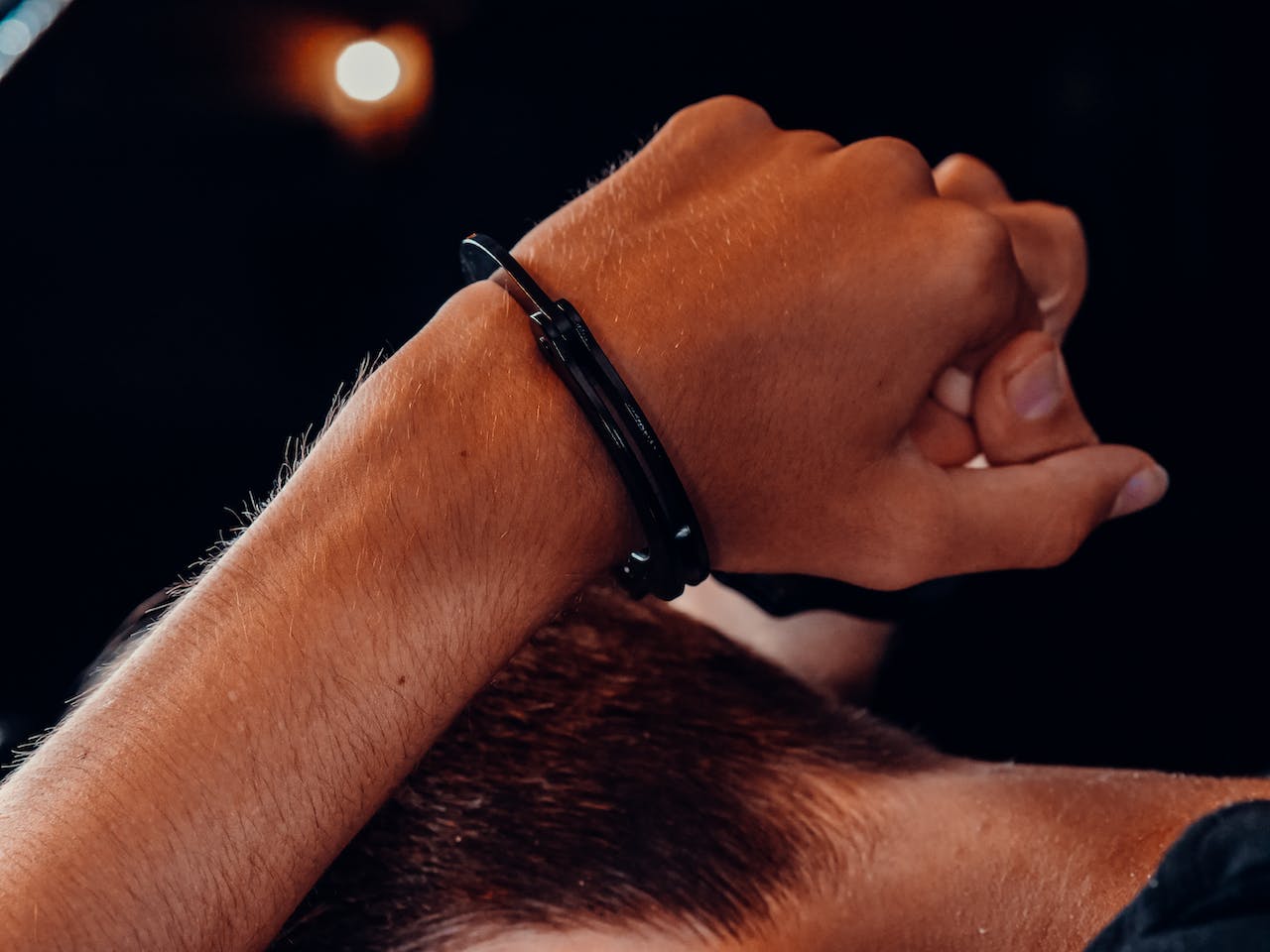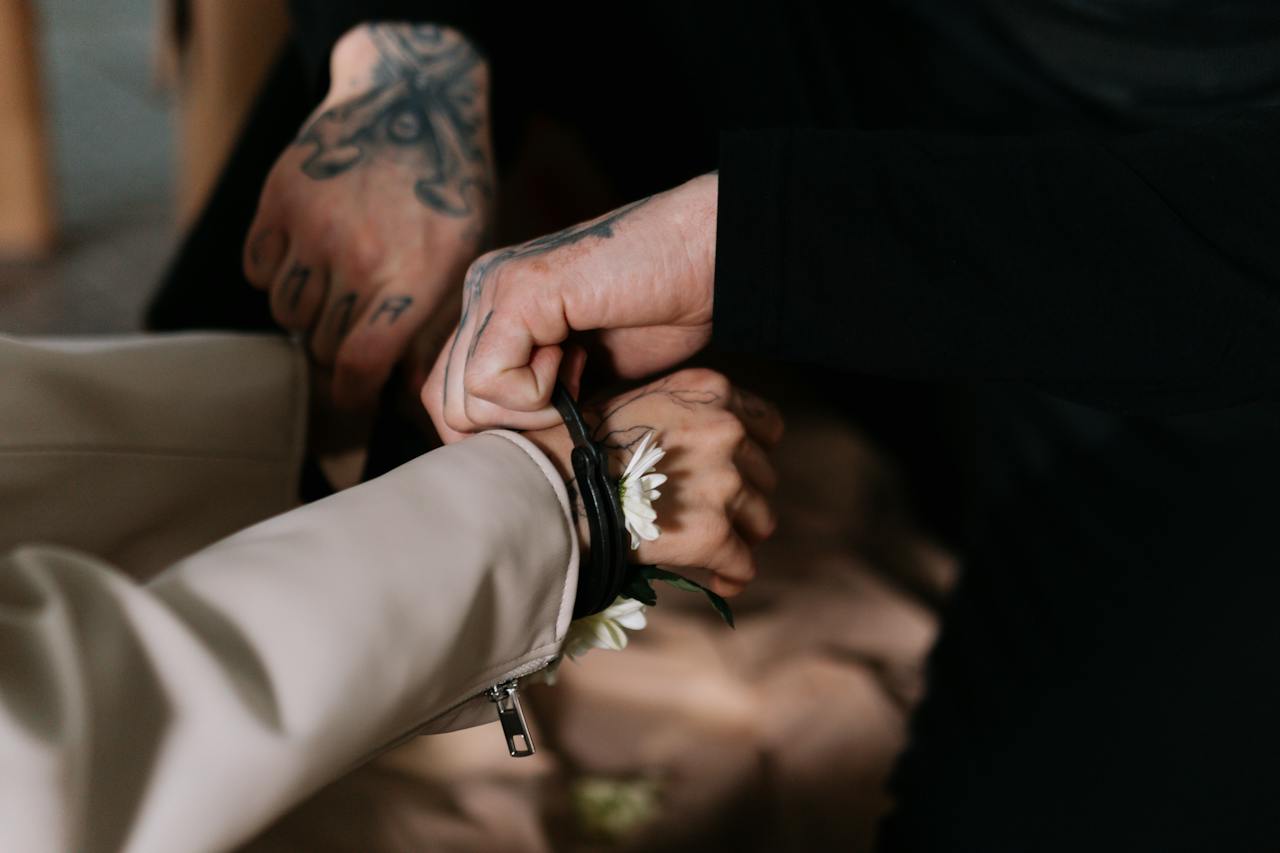
The blurred line between legal and illegal activities often leaves individuals questioning their rights and the extent of police authority. One such scenario that raises numerous questions is whether a police officer can arrest you if you're found sleeping in your vehicle while under the influence of alcohol. Understanding the legal nuances and your rights in such situations is crucial for anyone who may find themselves in this predicament.
This article will delve into the complexities of the law surrounding sleeping in your vehicle while intoxicated and the authority that police officers hold in these circumstances.
Is Sleeping In Your Vehicle A Crime?
You should never go behind the wheel if you have had too much to drink. However, this definition does not exclude driving while asleep. It may be illegal to operate a vehicle, even a parked one, while under the influence of alcohol or drugs in several states.
It may be enough for a police officer to pull you over for drunk driving if you are sitting in the driver's seat or if you turn the key in the ignition to turn on the heat.
As long as you don't put the key in the ignition, the rear seat can be an excellent place to get some rest. However, before driving after consuming alcohol, you should research the rules in your area.
Is There A Federal Law About Sleeping In Your Car?
Sleeping overnight in a car is not illegal under federal law. Parking and staying overnight in a vehicle are illegal under state and local regulations. However, federal law may ban parking and camping on federal territory.
Can I Park Anywhere Else?
Only park somewhere after first researching the regulations, even in states that permit overnight parking. City streets, parks, and parking lots all have their regulations on where and when you may park. You should check the parking signs to see whether overnight parking is permitted before leaving your car there.
Can I Park In A Store Parking Lot?
Some companies will let you park there overnight, even if you bring your camper or RV. This covers truck stops and Walmart parking lots overnight. This is still the owner's private property, however. It would be best if you acquired the store's okay to sleep in your vehicle. You risk trespassing if you park there overnight without authorization.
Is It Safe To Sleep In Your Car?
When spending the night in a vehicle, safety is an additional issue to think about. Some regions make it unsafe to sleep in a vehicle overnight. Parking in a well-lit location may be the safest option. Getting some shut-eye while behind the wheel may make your car more noticeable to law authorities, however.
What Happens If You Get In Trouble For Sleeping In Your Car?
Depending on where you parked, and local ordinances, sleeping in your vehicle may be against the law. A traffic officer may issue you a citation for disobeying traffic laws. If you leave your automobile unattended for an extended period, it may be towed.
The consequences might be severe if you are sleeping in the car while inebriated. Get in touch with a criminal defense lawyer familiar with local law if you've been charged with driving under the influence after sleeping in your car while impaired.
DUI Laws And Implications
It is prohibited to sleep in a vehicle in just a minority of states. Particular states, including Virginia, restrict how long you may park or sleep in particular places. Sleeping in a vehicle is illegal in several states and under certain conditions. Sometimes, states can.
- Do not allow automobile sleeping at rest areas.
- Get rid of vehicle camping completely.
- Parking bans at night in public spaces.
- When can you park your vehicle here?
- Permit overnight parking in certain areas.
For instance, in Virginia, overnight parking is not permitted at rest stops or highway shoulders. In certain states, you may only use a rest stop for a certain amount of time. You may usually only sleep for three hours straight at a rest stop in New York.
Check local zoning rules in specific towns and cities and on public land. Outside of official campsites, overnighting or camping in a vehicle is illegal in many municipalities.
The Key Factor - Physical Control Of The Vehicle
In complicated DUI cases, physical control is crucial to whether a police officer can arrest you for sleeping in your car while inebriated.
This complicated legislation addresses whether a stationary vehicle may be driven. Anyone negotiating DUI law must understand bodily control.
The Driver's Seat Dilemma - Presence Vs. Control
Being seated in the driver's seat often raises questions about the extent of control a person has over the vehicle. Courts scrutinize whether the individual is merely present in the driver's seat or is actively in control of the vehicle's operations.
Factors such as the positioning of the keys, the ability to start the engine, and any movements suggesting an intent to drive contribute to the assessment of physical control.
Keys In The Ignition - A Telling Sign
The critical position is crucial to physical control. Your keys in the ignition may indicate a desire to drive. Courts frequently construe physical control more assertively if the person can start the engine.
Other criteria are considered. Therefore, the lack of keys in the ignition does not immediately rule someone out of control.
Engine Status - On, Off, Or Running?
Engine condition complicates physical control evaluation. The running engine suggests the driver is ready to drive. However, engine-off situations reveal complexities. Individuals discovered sleeping in their car with the motor off may claim they had no intention of driving, contesting bodily control. The incident's context typically determines interpretation.
Proximity To Controls - Accessibility And Intent
The proximity of the individual to the vehicle's controls is a crucial consideration in determining physical control. If the person is near the steering wheel, gear shift, or other operational components, it may contribute to the perception that they are in a position to take control of the vehicle.
This assessment becomes more intricate when evaluating whether the person's proximity suggests a genuine intent to drive or if it is merely incidental to their use of the vehicle as a temporary shelter.
Legal Decisions Shaping The Outcome
In the realm of DUI cases where individuals are discovered sleeping in their vehicles while intoxicated, legal decisions serve as pivotal orchestrators, shaping the trajectory of outcomes.
This exploration delves into the multifaceted dimensions of legal decisions, unraveling the intricate dance between precedent-setting rulings and the subsequent adjudication of cases involving the nuanced scenario of inebriated slumber behind the wheel.
The Crucial Role Of Context
Legal decisions are not monolithic; they pivot on the specifics of each case. The intricate details surrounding the individual's state of intoxication, the positioning of the vehicle, and the contextual elements play a defining role in shaping the outcome.
Judges must delicately weave through the fabric of circumstances, deciphering the nuances that distinguish one case from another.
Balancing Acts - Intent Vs. Circumstantial Complexity
A delicate balance is struck within legal decisions, particularly concerning the assessment of intent. Courts grapple with discerning whether the individual, found inebriated in a parked vehicle, had the intention to operate it.
The delicate interplay between intent and the circumstantial complexity surrounding each case becomes the fulcrum upon which legal outcomes teeter.
Precedents As Pioneers - Establishing Frameworks For Adjudication
Legal decisions, akin to pioneers, carve out frameworks that subsequent cases adhere to. Precedents become the guiding stars, illuminating the path for judges, legal practitioners, and law enforcement.
Yet, in the mosaic of legal interpretations, precedents are not inflexible dictates; they adapt and morph, responding to the evolving complexities of DUI scenarios involving individuals asleep in their vehicles.
Jurisdictional Diversities - The Legal Mosaic Unfolding
Jurisdictional nuances inject an extra layer of complexity into the interplay of legal decisions. Varied regions adopt distinct perspectives, crafting a mosaic of legal standards.
What constitutes an influential precedent in one jurisdiction may reverberate differently in another. The dynamic legal landscape is thus painted with shades of regional variations, adding an intricate brushstroke to the overall canvas.
Technological Resonance - Echoing In Legal Deliberations
The resonance of technological advancements permeates legal decisions, especially in the context of DUI cases. The advent of sophisticated technologies, such as ignition interlock devices, influences how courts perceive the potential for an individual to operate a vehicle.
Legal decisions echo the cadence of technological progress, adapting to the changing dynamics of enforcement and prevention.
Societal Echoes - Harmonizing With Cultural Shifts
Beyond courtrooms and legislation, legal choices reflect social changes. Cultural changes in drinking, mental health, and personal responsibility affect judicial views. Intoxicated drivers' legal results reflect society's views, showing how legal judgments and cultural currents are intertwined.
Is There Any Way To Legally Sleep In Your Car While Drunk?
If I'm understanding it correctly, if an intoxicated person is discovered inside their vehicle with the keys, even if they are sleeping, they are just as guilty of drunk driving as if they were behind the wheel. Is there a method to legally utilize one's automobile as a refuge for the night if one finds themselves over the limit and without a place to sleep? Some thoughts that may or may not make a difference legally.
- Leave the vehicle keys with the bartender, sleep in the car without access to the keys, and retrieve the keys in the morning.
- Hide the keys under a rock pile far from the vehicle.
- If two individuals were in this predicament, they could split the cost of a hotel room and sleep in the vehicle.
- Make a bed out of a tarp by using the automobile as a frame, and sleep in the open air.
5 Useful Tips To Help You Protect Your Legal Rights
Legal issues may affect anybody at any time. There are certain easy precautions you may take even if you don't believe you need a lawyer.
By being proactive and following a few easy recommendations, you may make it less likely that you'll ever need to engage an attorney. If the worst should happen, you will be better able to defend yourself. If you want to know how to safeguard your rights, read on.
Be Careful What You Sign
Always read papers thoroughly before signing them, whether they are contracts, leases, or anything else. Be bold about getting clarification or seeing legal counsel if you have queries about a legal document.
A federal criminal defense attorney, for instance, may advise you on whether or not a specific plea deal is in your best interests in light of your circumstances. Only place your signature on a document after first making sure all necessary information is included.
Keep your legal options and protections private in the event that anything goes wrong. Such arbitration provisions are standard in modern contracts, and they often compel the parties to waive their rights to litigate in court. You may be signing away significant rights without even recognizing it if you get into such a deal.
Know Your Rights
Know your Miranda rights if police or investigators question you. The right to stay quiet and counsel during interrogation are among these rights. Any statement you make may be used against you in court if you forgo these rights. If questioned by the authorities, claim your Miranda rights and seek an attorney before replying.
Learn about your other legal rights. You have the right to counsel from arrest to trial in a criminal case. You have the right to a fair and fast trial, to face your accusers, and to defend yourself. If you're accused of a crime, remember these rights to defend yourself throughout the judicial process.
Keep the contact information for many lawyers in your phone or wallet to be even more prepared. So, if you find yourself in a legal situation, you may contact an attorney to preserve your rights.
Be Proactive
You must move quickly to defend your rights if you're ever accused of a crime. You should talk to a lawyer as soon as possible. An attorney can help you understand your rights, fight for them, and get a fair trial in the criminal justice system.
You should not wait to get legal representation if you find yourself the target of civil litigation. The sooner you obtain legal counsel, the better position you'll be in to preserve your rights and interests. Your rights should be safeguarded at every stage of the legal process, and an expert attorney can help you understand how it all works.
Keep Good Records
Good records are crucial if you're charged with a crime or sued. Keep copies of contracts, leases, emails, and letters. Keep track of all discussions with the other party, whether in person, by phone, or by email. These documents may assist you in defending your rights.
In the event of a criminal charge, your attorney will request all relevant documents to support your innocence. In a civil action, your attorney will utilize these data to develop your case and preserve your rights. Thus, it's crucial to document all talks and exchanges with the other party.
Keep any tangible evidence, including pictures or videos, secure. This proof may greatly aid legal protection. Always avoid altering or destroying evidence. This might undermine your case and lead to criminal penalties.
Be Prepared
Be prepared for the legal procedure if you're accused of a crime or sued. This involves learning the appropriate legislation and what to anticipate at each step.
You must also organize your data and documents to make a good case. A competent attorney can explain the legal procedure and prepare you.
You should also know your rights and how to defend them. Know and claim your Miranda rights if questioned by police or investigators.
Know your other legal rights, such as the right to counsel, a fair trial, and to face your accusers. If you're accused of a crime, remember these rights to defend yourself throughout the judicial process.
FAQs
At What Point Are You Too Drunk To Drive?
The offense of operating a vehicle while intoxicated (OWI), also known as driving under the influence (DUI) or driving while drunk (DWI), occurs when a motorist drives a vehicle with a blood alcohol content (BAC) of 0.08.
Can I Sleep In My Car Overnight?
As long as your vehicle is parked lawfully, sleeping in it is not a problem.
Is It Safe To Sleep In A Car?
No, sleeping in a moving automobile is unsafe. It may be more comfortable to lay in the rear seat or recline in the passenger seat, but an accident might cause catastrophic harm.
Is It Illegal To Sleep In Your Car Drunk Florida?
Someone found “sleeping it off” in Florida will be charged with DUI. Each state defines “actual physical control” differently. Not sleeping in the driver's seat is a good indicator of physical control.
Is It Illegal To Sleep In Your Car USA?
Sleeping in your automobile isn't illegal per federal law. However, federal regulations indirectly prohibit automobile sleeping. Private Property Laws: Sleeping in your automobile becomes criminal quickly by trespassing on private land.
Conclusion
The complex interplay of legal decisions in DUI cases involving individuals asleep in their vehicles underscores the nuanced nature of these scenarios. Understanding the multifaceted factors influencing legal outcomes is crucial for navigating the intricacies of DUI law. Regarding the query "Can a police officer arrest you if you're sleeping in your vehicle drunk," the answer is intricately tied to contextual details, evolving legal standards, and the dynamic nature of societal perspectives.
This article will delve into the complexities of the law surrounding sleeping in your vehicle while intoxicated and the authority that police officers hold in these circumstances.



